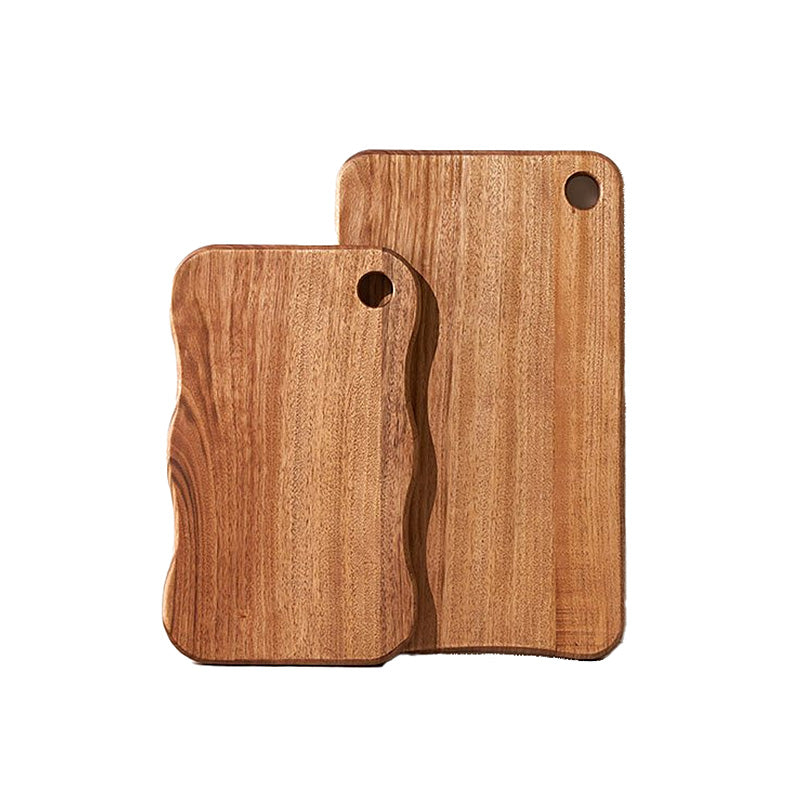
Camphor wood cutting board
About Camphor tree:
The camphor tree (Cinnamomum camphora) is native to East Asia but is now widely cultivated in Australia, where it has become a common invasive species, particularly in regions such as Queensland and New South Wales.
Key Benefits:
• Naturally Antibacterial for Hygienic Use
Hygiene is the most important factor in the kitchen! Camphor wood cutting boards naturally contain antibacterial compounds that help suppress the growth of bacteria. This allows you to manage various ingredients like meat, fish, and vegetables more hygienically.
• Ideal Hardness That’s Gentle on Knives
Cutting boards that are too hard can dull knives quickly, while ones that are too soft can get damaged easily and harbor bacteria. Camphor wood has just the right level of hardness—it’s sturdy enough to be durable, yet gentle on your knives.
• Resistant to Moisture and Mold
One of the biggest concerns with wooden cutting boards is moisture and mold. However, camphor wood contains natural oils that resist water absorption and help prevent mold from developing.
• Insect-Repelling Aroma
Camphor wood naturally repels pests like insects and ants, making it especially useful for outdoor use or camping.
Care Instructions:
• After Use, Clean Immediately: Rinse with water and wipe with a soft sponge.
• Do Not Soak in Hot Water: Prolonged soaking can cause the wood to warp.
• Drying is Essential! Stand the board upright in a well-ventilated area to prevent mold growth.
• Regular Oil Coating: Applying a thin layer of mineral oil or food-grade oil will extend the board’s lifespan.
